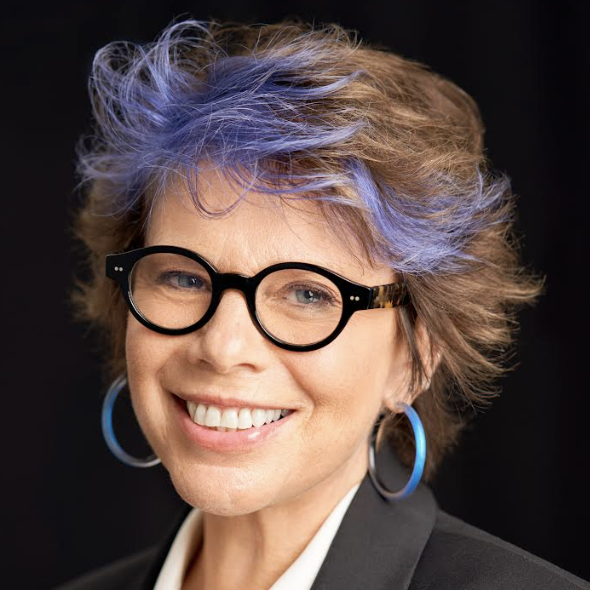with Diana Fosha, PhD
A 1 hour and 45 minute video seminar
Description of Training:
Portrayals are a powerful transformational tool we use in AEDP to do the work of emotion processing and trauma processing. In this presentation, we cover what portrayals are, the different kind of portrayals we use to advance State 2 work, and why portrayals are such powerful and beloved tools of AEDP clinicians. We go into concrete details on what therapists need to pay attention to: when setting up a portrayal; when processing it through; and when seeking to bring it to completion. An important focus of this presentation is the corrective emotional experience, aka the “completion” in “processing to completion” that is the goal of every portrayal, i.e., to help heal trauma and thus be able to say and do in the here-and-now what could not be said and done there-and-then. We discuss the concept of the corrective emotional experience, what therapists must do when working with portrayals to bring corrective emotional experiences about, and also how to recognize that a corrective emotional experience has taken place.
Videotaped clinical material will demonstrate the use of the technique of portrayal, how “processing to completion” is operationalized in the AEDP work with this complex trauma patient, and the transformational impact that the portrayal has upon the patient and her life.
Learning Objectives
- Define the technique of “portrayal” and describe its clinical uses in facilitating the processing of affective experiences to completion.
- Name 3 different types of portrayals used to process core affective experience.
Course Content Level: Intermediate
Requirements
AEDP Institute On Demand Trainings are to be viewed on your private computer or smart device. They are intentionally not downloadable; we “stream” them. So, having a high speed Internet connection is important to having a good learning experience.
This training is intended to be viewed only by mental health professionals and students in mental health or related fields. You will be asked to provide evidence of and swear to uphold your professional credentials before completing registration and payment and receiving access to the materials.
Meet the Presenter

Diana Fosha, PhD
Diana Fosha, PhD, is the developer of AEDP™, a healing-based, radically relational, transformation-oriented experiential psychotherapy. She is the Founder and Director of the AEDP Institute.
For more than two decades, Diana has championed a scientific foundation for AEDP, a therapeutic approach that focuses on healing trauma, repairing attachment wounds, and rekindling vitality. Her work integrates positive neuroplasticity, recognition science, and dyadic developmental research into experiential and transformative clinical practice. Her most recent work focuses on promoting flourishing as a seamless part of the AEDP therapeutic process of transforming emotional suffering. Drawing on affective neuroscience, attachment theory, mother-infant developmental research, and research documenting the undreamed-of-plasticity in the adult brain, AEDP exemplifies the integration of scientific research and clinical practice in psychotherapy.
Based in New York City, where she lives and practices, Fosha has been on the faculties of the Departments of Psychiatry and Psychology of NYU and St. Luke’s/Roosevelt Medical Centers (now Mount Sinai) in NYC, and of the doctoral programs in Clinical Psychology at the Derner Institute for Advanced Psychological Studies at Adelphi University and at The City University of New York.
Fees and Registration:
$60
$50 Members only (must be logged in)
Attendance and Makeup Policy & Refunds:
Questions:
Course and all customer service related questions:
Please contact Customer Service Administrator
Marilia Rodriguez
admin@aedpinstitute.org
813-553-1294
